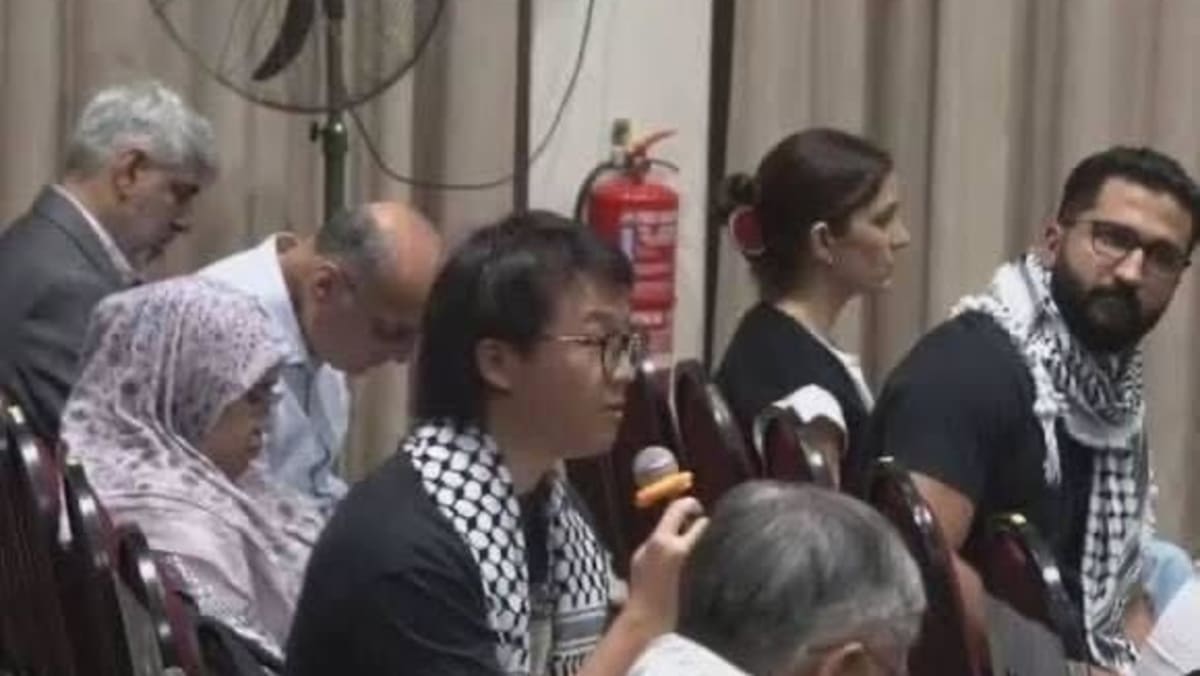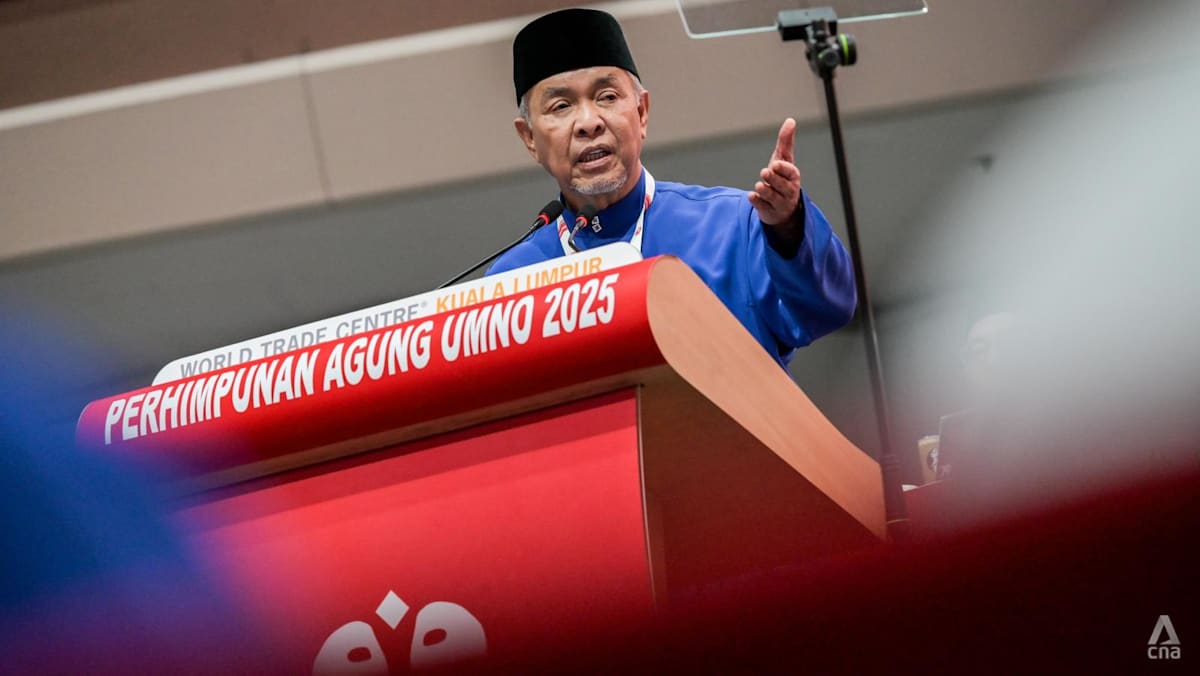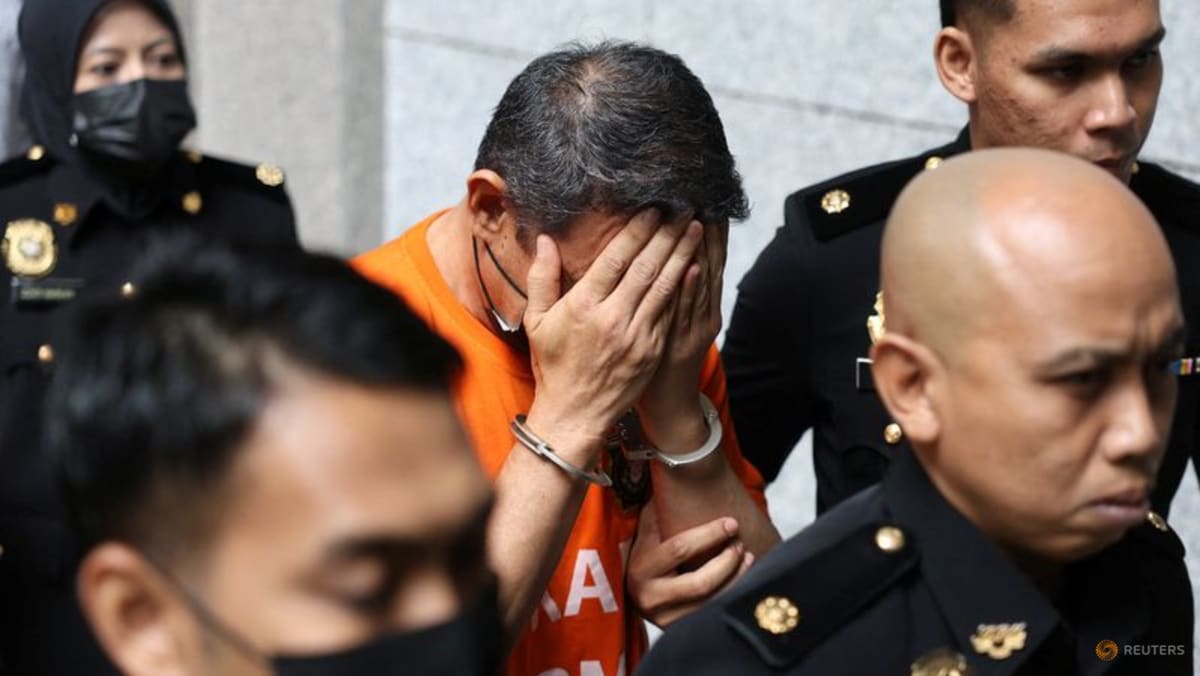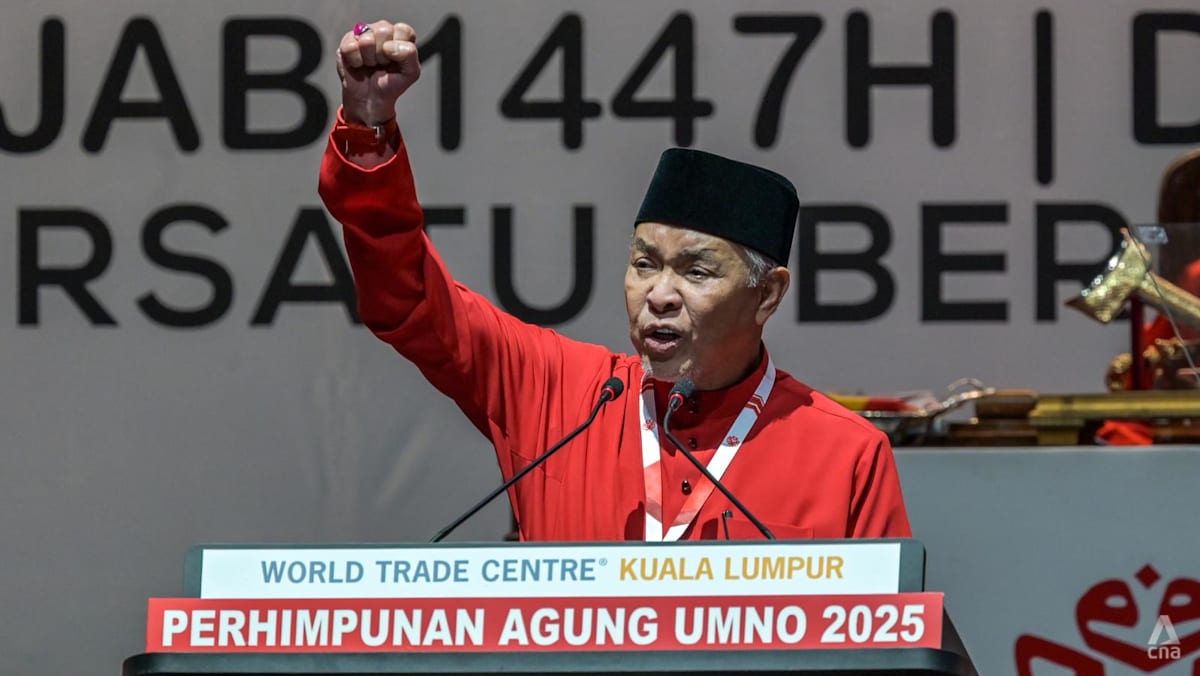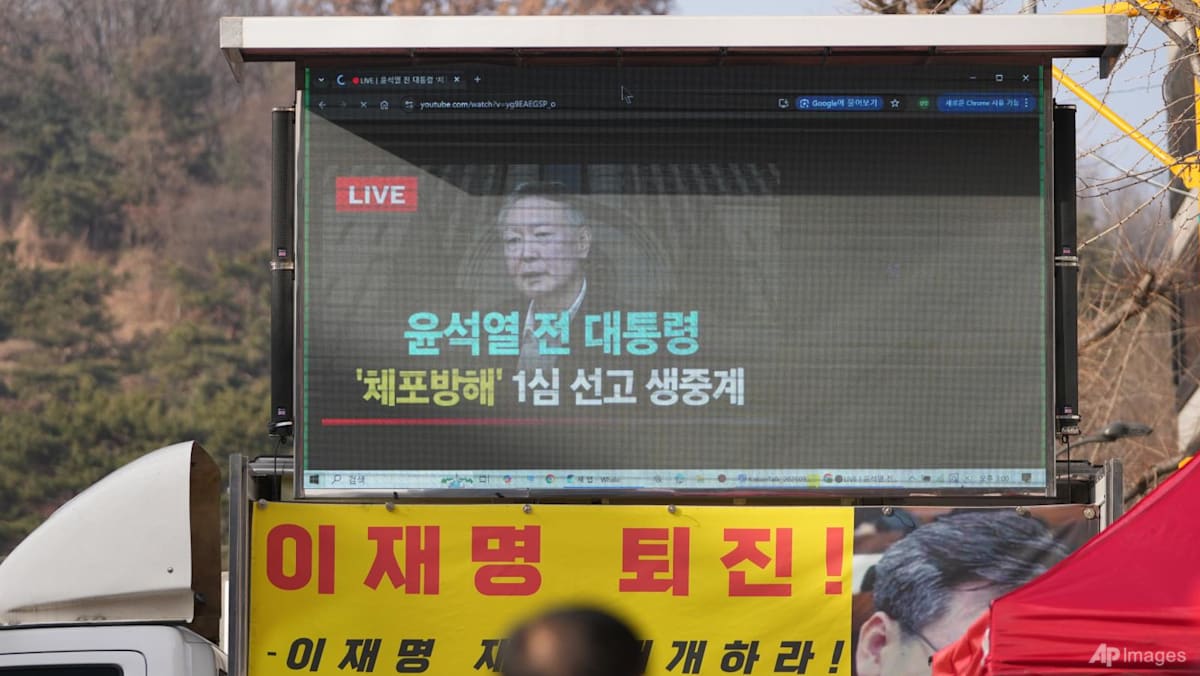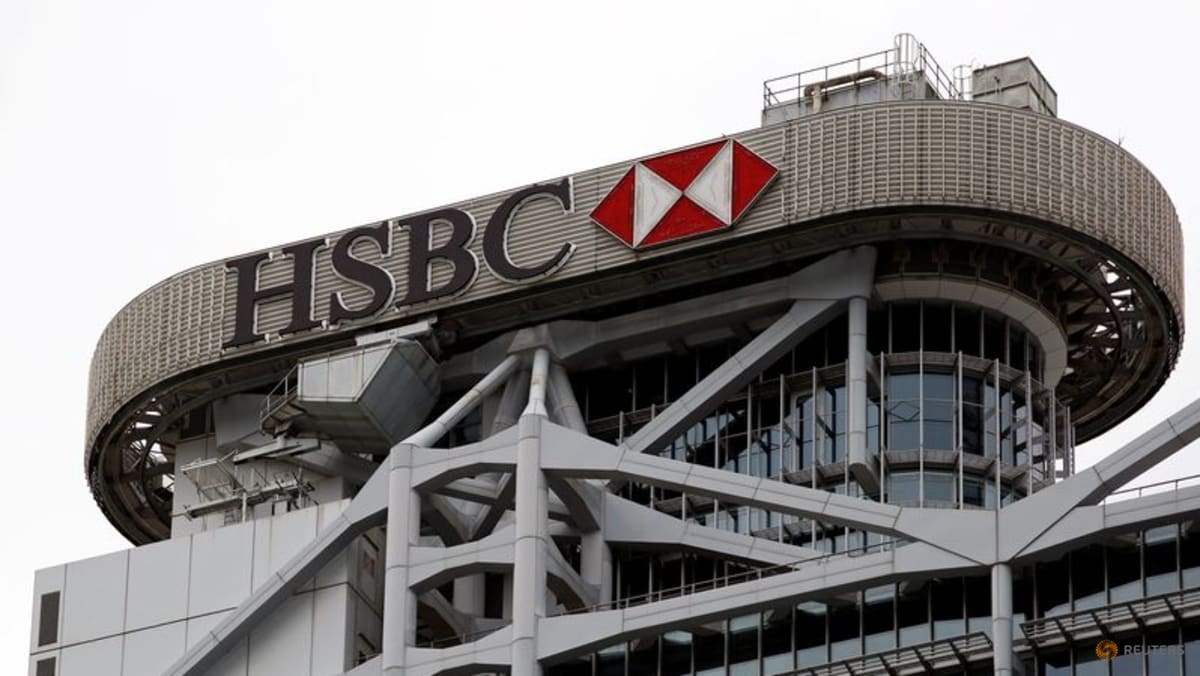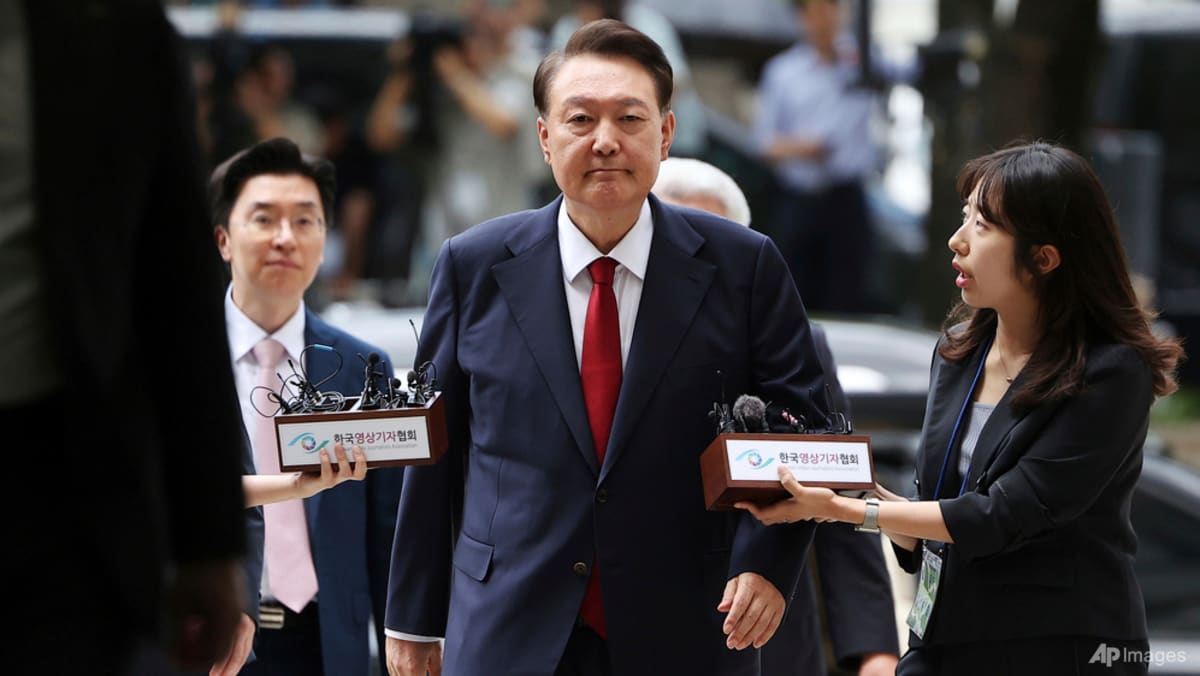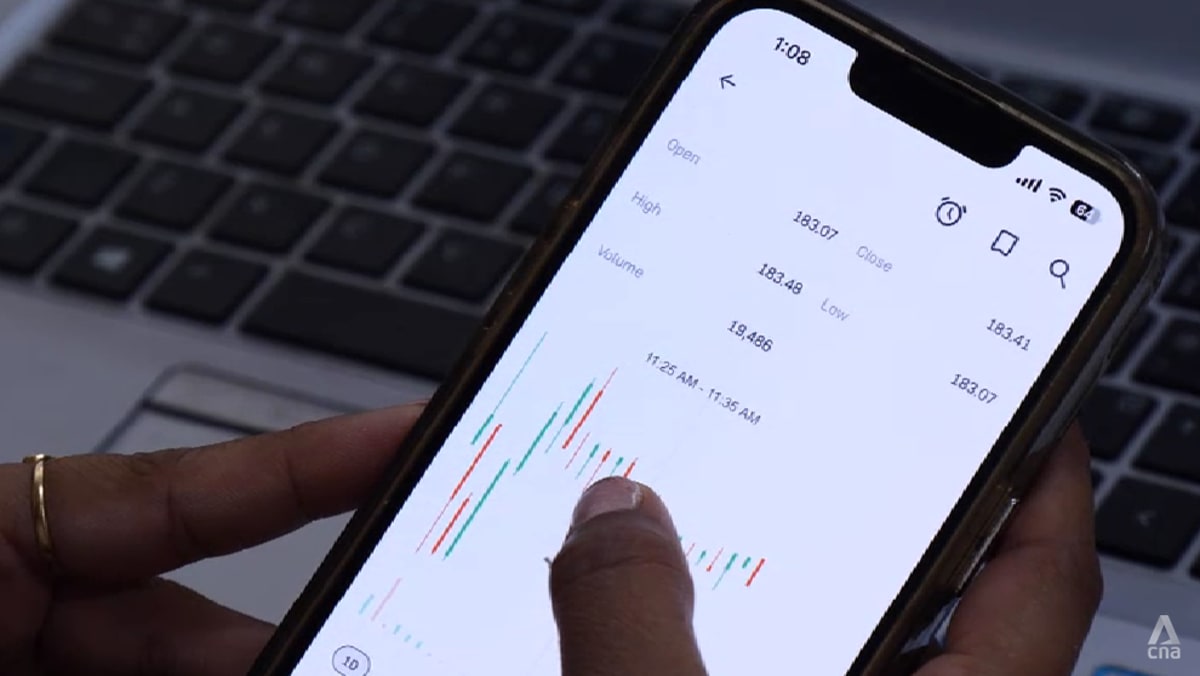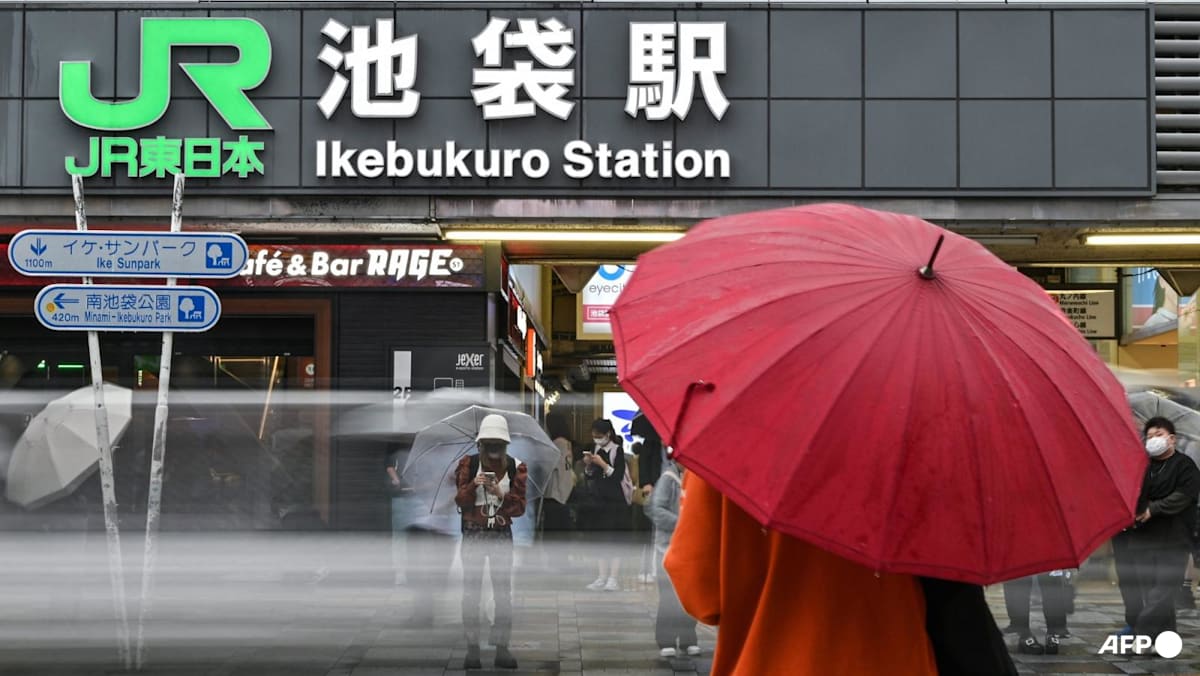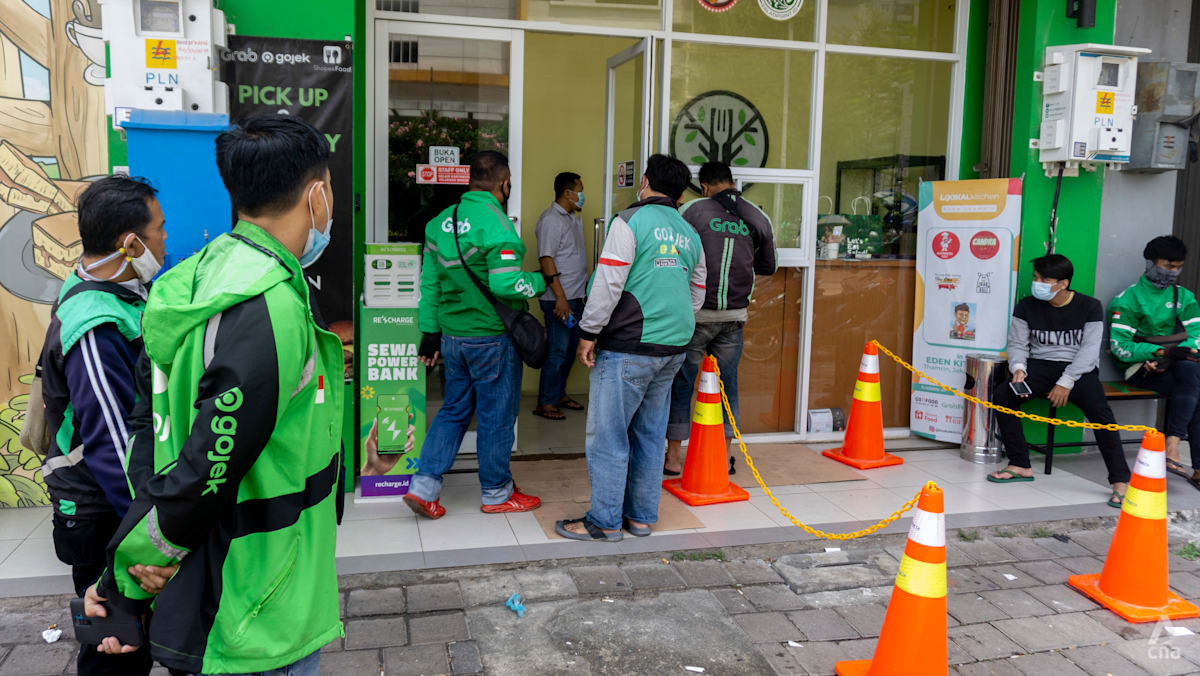South Korea opposition passes slashed budget without government consent

SEOUL: South Korea’s opposition-controlled parliament on Tuesday (Dec 10) passed a government budget Bill for 2025 that was slashed from the government’s proposal and triggered President Yoon Suk Yeol’s short-lived martial law decree last week.
The 300-member parliament voted 183-94 to pass a 673.3 trillion won (US$470 billion) budget for 2025, which was cut by the Democratic Party from the government’s proposed 677.4 trillion won budget without reaching an agreement with the ruling People Power Party and the government.
This is the first time that parliament has passed a budget trimmed down without consent from government ministries or between rival parties. Lawmakers would need finance ministry consent to make any upward revisions in government spending for the following year.
“A swift passage of the Bill will help resolve the current unease and crisis,” Democratic Party Leader Lee Jae-myung said.
The government says the budget cut will paralyse basic government functions, hinder responses to external challenges and delay policy measures for small businesses and vulnerable citizens.
President Yoon cited opposition obstructionism over government budgets as one justification for his martial law decree on Dec 3, which triggered a constitutional crisis in Asia’s fourth-largest economy.
Senior Democratic Party lawmaker Park Chan-dae said if the government needed money for “spending for people’s livelihoods, it can be solved later through an extra budget”.
The Democratic Party says cuts were mostly in reserve funds for the government, interest costs and funds allocated to the presidential office, prosecutors and auditors for classified operations.
Parliament Speaker Woo Won-shik said it was regrettable the government was uncooperative during the consultation process and he asked it to prepare a supplementary budget draft for 2025.
Economists said the reduction in the government budget was a setback for the economy, which narrowly avoided a technical recession in the third quarter amid a slowdown in exports and a weak recovery in domestic demand.
“It is not good news for the economy at a time when it needs fiscal policy to be expansionary. It will create a policy vacuum and makes a supplementary budget next year look almost certain,” said Park Sang-hyun, an economist at iM Securities.
Citi analysts estimate the opposition’s fiscal spending cut would lower economic growth by around 0.02 percentage points over a year.
South Korea’s economic growth is expected to slow to 1.9 per cent in 2025 and 1.8 per cent in 2026, after rising by 2.2 per cent this year, according to the Bank of Korea.
Source: CNA



